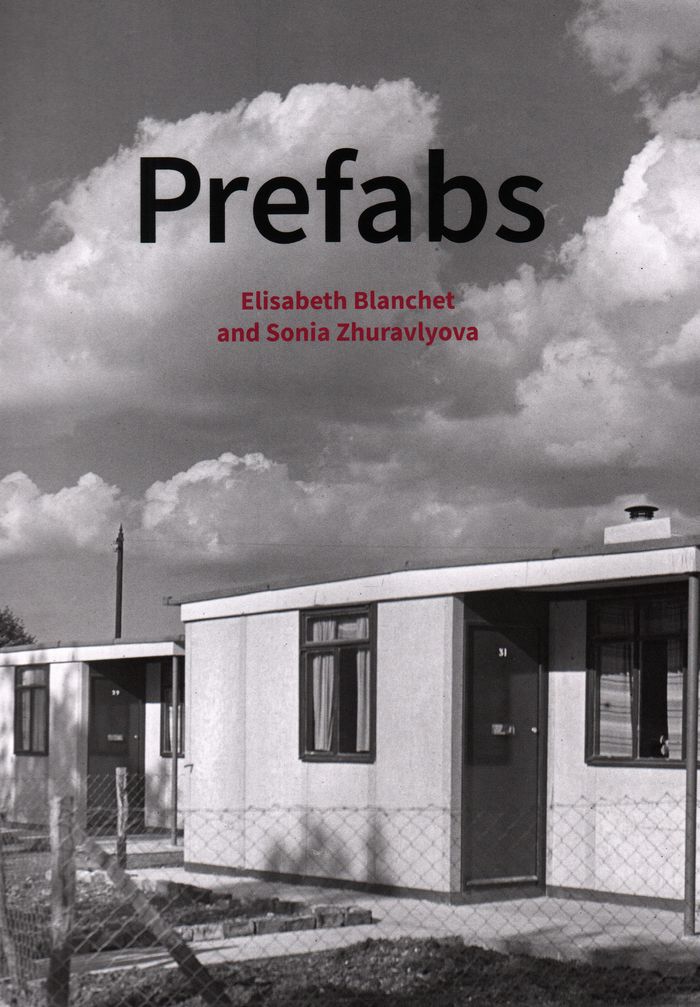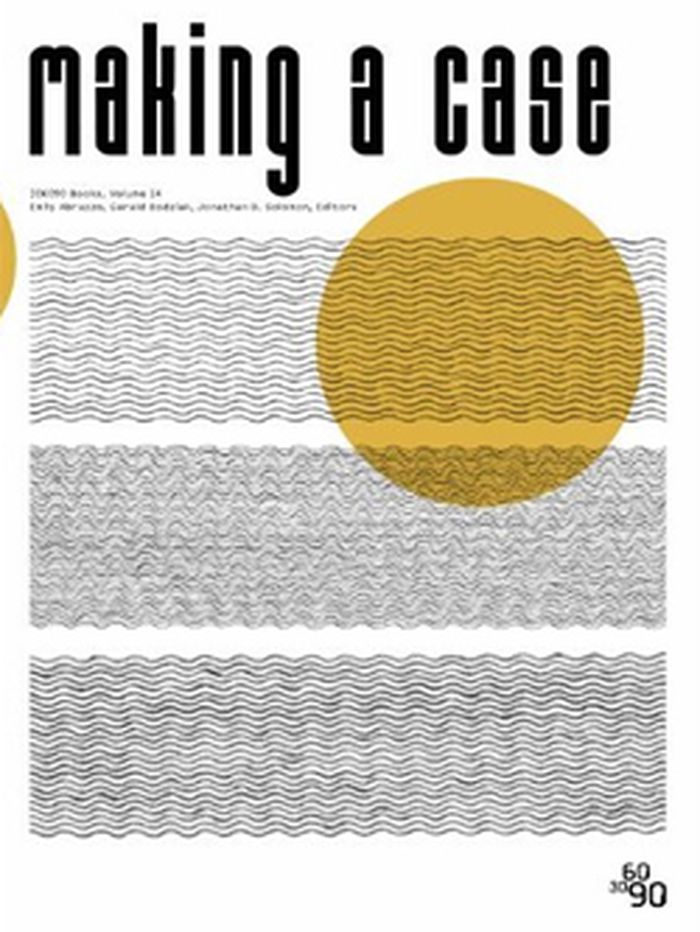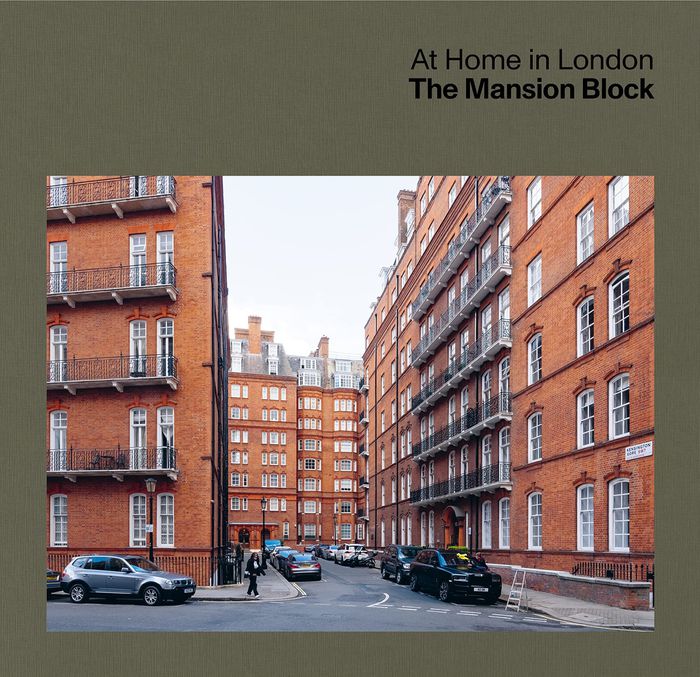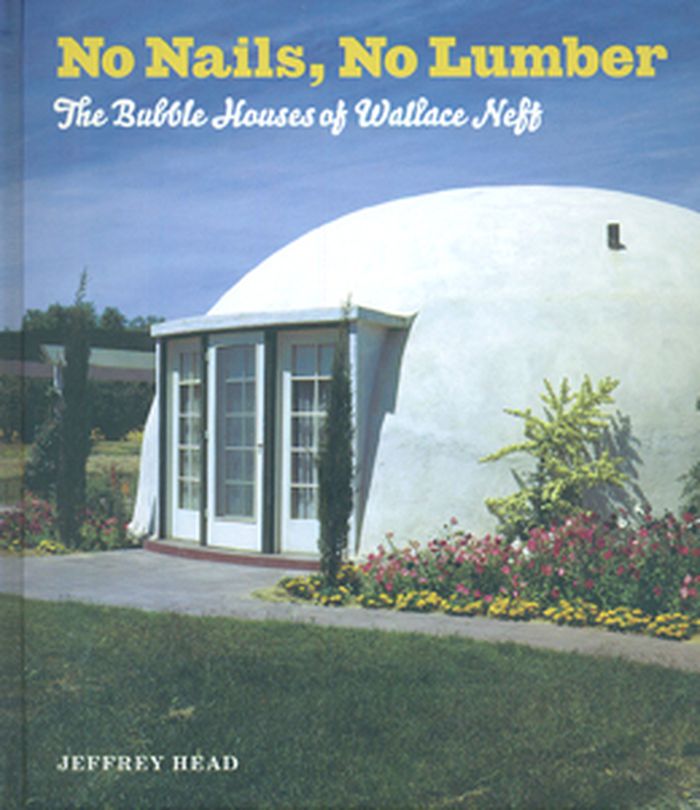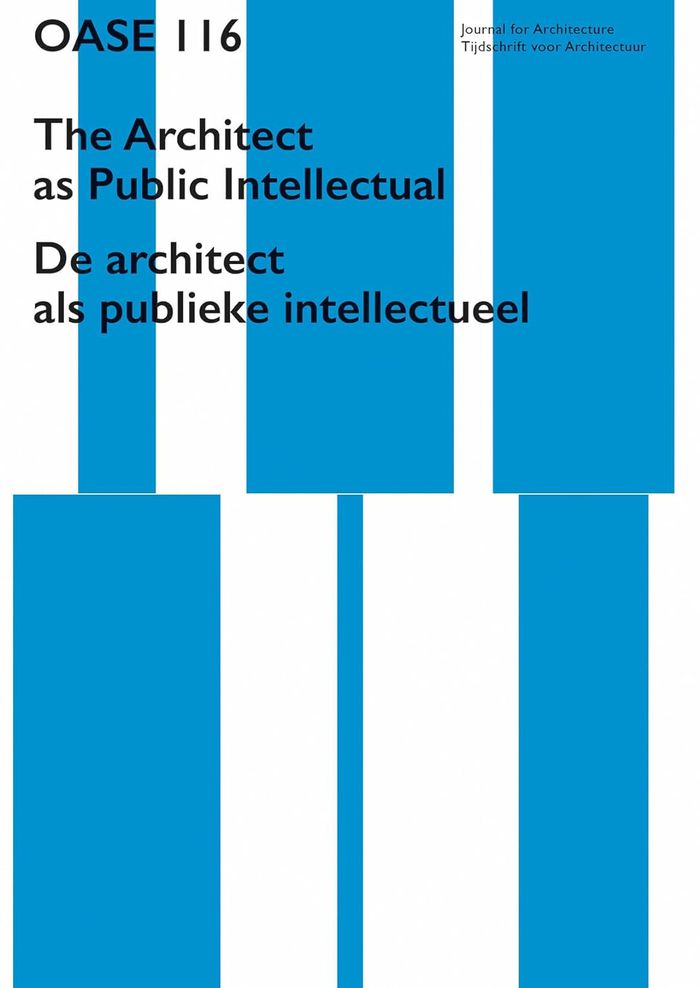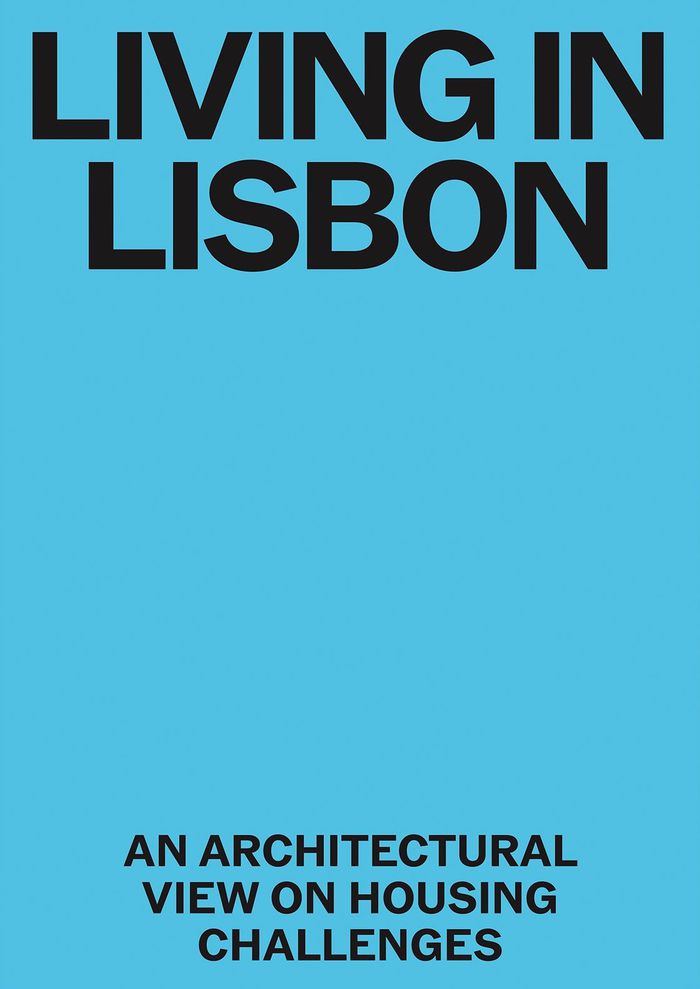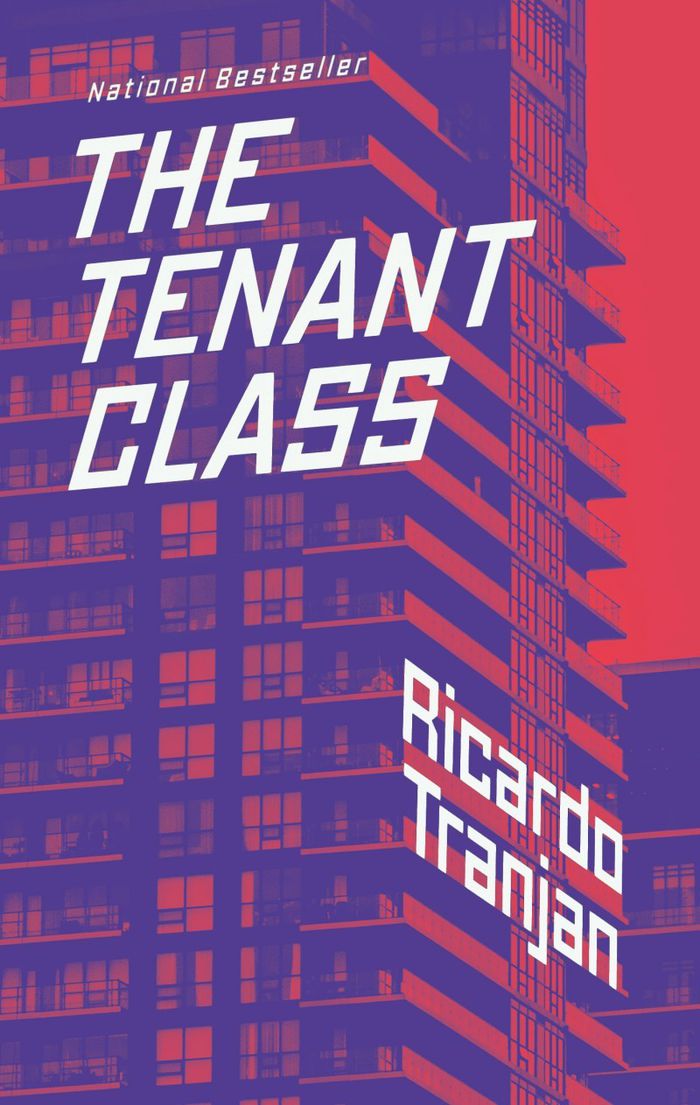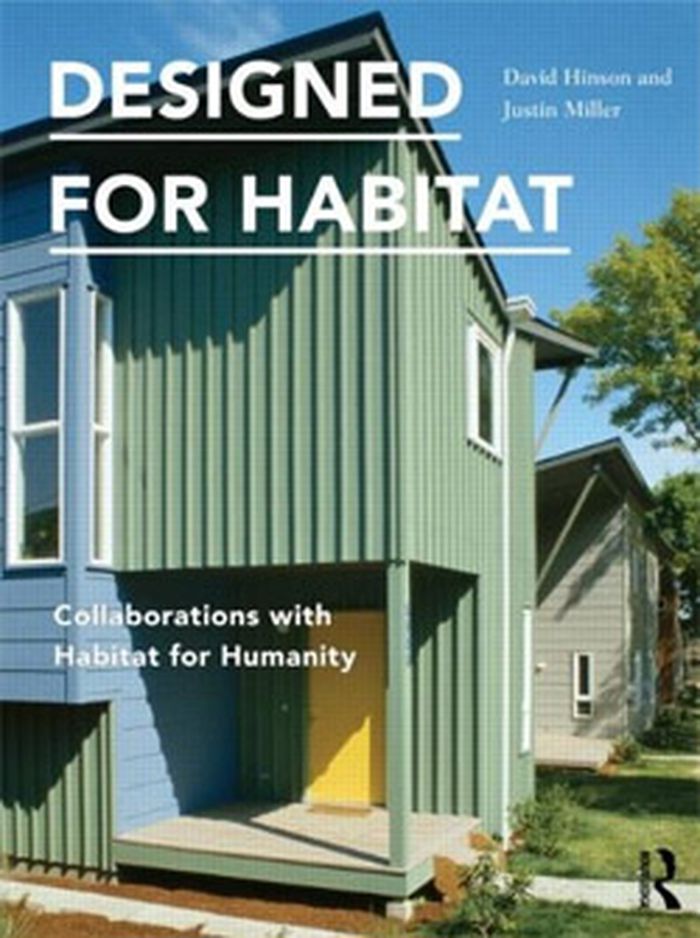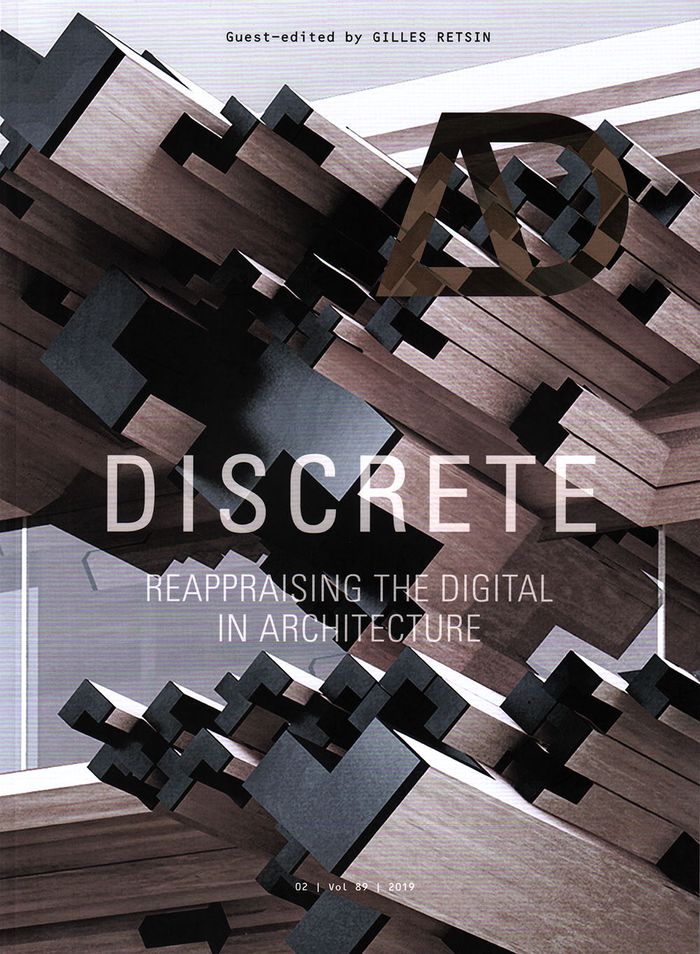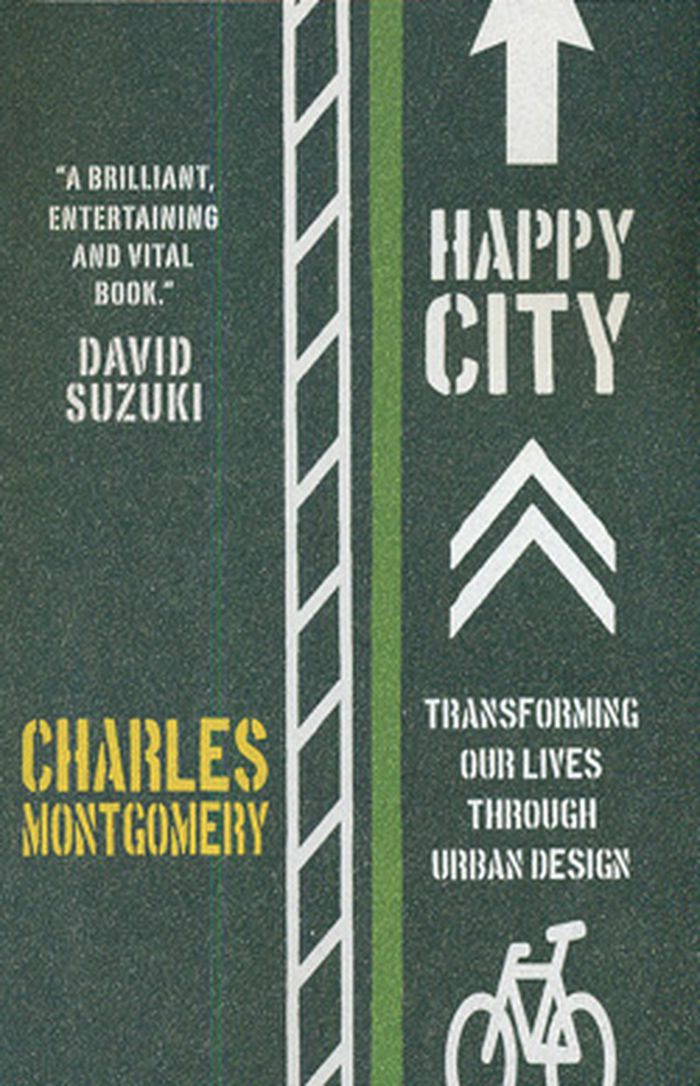$41.95
(available to order)
Summary:
The authors look at the success of post-war prefab housing in the wider context of British social housing. The book also looks at architectural innovation and imaginative design in the field of prefabrication and clever solutions being put forward to solve the housing crisis of today.
Prefabricated Architecture
September 2018
Prefabs: a social and architectural history
Actions:
Price:
$41.95
(available to order)
Summary:
The authors look at the success of post-war prefab housing in the wider context of British social housing. The book also looks at architectural innovation and imaginative design in the field of prefabrication and clever solutions being put forward to solve the housing crisis of today.
Prefabricated Architecture
306090 14: Making a case
$28.95
(available to order)
Summary:
Making a Case focuses on contemporary housing in the United States and the future of the American home. Like the Case Study program after World War II, it seizes on a critical moment in the history of America as a time to reinvent the single-family dwelling unit-post-crisis rather than post-war. The crisis in this case is the collapse of the housing bubble, with its(...)
306090 14: Making a case
Actions:
Price:
$28.95
(available to order)
Summary:
Making a Case focuses on contemporary housing in the United States and the future of the American home. Like the Case Study program after World War II, it seizes on a critical moment in the history of America as a time to reinvent the single-family dwelling unit-post-crisis rather than post-war. The crisis in this case is the collapse of the housing bubble, with its partnering causes and aftershocks: the reality of less oil, the urge to reurbanize, and the results of economic reorganization. Organized in two sections, design cases and commentary, this periodical draws together international contributors from a variety of disciplines to address this critical moment for housing in America.
Magazines
$90.00
(available in store)
Summary:
Covering twenty-seven examples, illustrated by newly commissioned drawings and photographs, this volume reflects on the architectural ambitions and lived realities of these quotidian buildings. Architectural and urban designer Karin Templin considers the ways in which the mansion block came to define large areas of the city from Westminster and South Kensington in the(...)
July 2023
At home in London: The mansion block. Architecture Foundation.
Actions:
Price:
$90.00
(available in store)
Summary:
Covering twenty-seven examples, illustrated by newly commissioned drawings and photographs, this volume reflects on the architectural ambitions and lived realities of these quotidian buildings. Architectural and urban designer Karin Templin considers the ways in which the mansion block came to define large areas of the city from Westminster and South Kensington in the nineteenth century to Kilburn and Stratford in the twenty-first. Reflecting London’s development from its consolidation as a metropolis in the high Victorian era to its present efforts to address a longstanding housing crisis, this volume explores the mansion block’s centrality to the capital’s identity and its wider relevance to discussions of housing and urban planning. This book is first in a series on types of London housing, reflecting on the place of the home in the city in the light of its longstanding housing crisis.
$27.95
(available to order)
Summary:
Imagine a house constructed in less than forty-eight hours, without using lumber or nails, that is more resistant to fire, earthquakes, and hurricanes than any traditionally built structure. This may sound like the latest development in prefab housing or green architecture, but the design dates back to 1941 when architect Wallace Neff (1895n1982) developed Airform(...)
No nails, no lumber: The bubble houses of Wallace Neff
Actions:
Price:
$27.95
(available to order)
Summary:
Imagine a house constructed in less than forty-eight hours, without using lumber or nails, that is more resistant to fire, earthquakes, and hurricanes than any traditionally built structure. This may sound like the latest development in prefab housing or green architecture, but the design dates back to 1941 when architect Wallace Neff (1895n1982) developed Airform construction as a solution to the global housing crisis.
Architecture Monographs
$58.00
(available in store)
Summary:
This issue of OASE explores the role of architects as public intellectuals and the ways in which they contribute to society beyond design. Architects are well placed to contribute to public debates on challenges related to climate change, the housing crisis and more.
Oase 116: The architect as public intellectual
Actions:
Price:
$58.00
(available in store)
Summary:
This issue of OASE explores the role of architects as public intellectuals and the ways in which they contribute to society beyond design. Architects are well placed to contribute to public debates on challenges related to climate change, the housing crisis and more.
Magazines
Living in Lisbon
$54.95
(available to order)
Summary:
Lisbon is being ravaged by an unprecedented housing crisis. The exponential increase of prices, the combined outcome of the financialisation of housing and the lack of continued investment of public policies, means that every Portuguese person is, or knows someone who is, affected by the crisis. There is a restless public debate, but little has been told about the(...)
Living in Lisbon
Actions:
Price:
$54.95
(available to order)
Summary:
Lisbon is being ravaged by an unprecedented housing crisis. The exponential increase of prices, the combined outcome of the financialisation of housing and the lack of continued investment of public policies, means that every Portuguese person is, or knows someone who is, affected by the crisis. There is a restless public debate, but little has been told about the buildings that will give shape to the political strategies that are being conceived and implemented. Which city do we wish to build to face the problem? What can be the role of architecture in this context? "Living in Lisbon" concisely presents the conjecture and possibilities of action to think about the building of the city. The book includes an overview of the most charismatic architectures resulting from public housing policies that have been built in Lisbon over the course of 50 years of democracy, describes the main projects that are currently on the table, presents analytical visions of the present situation and freely envisions plans for the future in the form of dialogue, essay or manifesto.
The tenant class
$22.95
(available to order)
Summary:
What if there is no housing crisis, but instead a housing market working exactly as intended? What if rent hikes and eviction notices aren’t the work of the invisible hand of the market, but of a parasitic elite systematically funneling wealth away from working-class families? With clarity and precision, Tranjan breaks down pervasive myths about renters, mom-and-pop(...)
The tenant class
Actions:
Price:
$22.95
(available to order)
Summary:
What if there is no housing crisis, but instead a housing market working exactly as intended? What if rent hikes and eviction notices aren’t the work of the invisible hand of the market, but of a parasitic elite systematically funneling wealth away from working-class families? With clarity and precision, Tranjan breaks down pervasive myths about renters, mom-and-pop landlords, and housing affordability. In a society where home ownership is seen as the most important hallmark of a successful life, Tranjan refuses to absolve the landlords and governments that reap massive profits from the status quo. The tenant class must face powerful systems of disinformation and exploitation to secure decent homes and fair rent. Drawing upon a long, inspiring history of collective action in Canada, Tranjan argues that organized tenants have the power to fight back.
Humans and cities
$38.50
(available to order)
Summary:
"Designed for Habitat presents potent evidence of the link between design and dignity, particularly in the context of low-income housing. It captures a crucial trifecta of perspectives - Habitat for Humanity leaders, homeowners, and designers. Their powerful, sometimes explosive stories aren't sugarcoated by Hinson and Miller; the pair makes clear that these(...)
Designed for habitat : collaborations with Habitat for humanity
Actions:
Price:
$38.50
(available to order)
Summary:
"Designed for Habitat presents potent evidence of the link between design and dignity, particularly in the context of low-income housing. It captures a crucial trifecta of perspectives - Habitat for Humanity leaders, homeowners, and designers. Their powerful, sometimes explosive stories aren't sugarcoated by Hinson and Miller; the pair makes clear that these collaborations present huge challenges for often-opposing cultures, but can yield unprecedented payoffs. With America's housing in a perpetual state of crisis, such partnerships are more important than ever. This highly-instructive, landmark book is an unmatched guide for future collaborations. It communicates so clearly and so convincingly to Habitat and its homeowners that they too deserve good design; indeed, we all do." -John Cary, Author, The Power of Pro Bono; Founder & Editor, PublicInterestDesign.org
Architectural Theory
$47.95
(available to order)
Summary:
After two decades of experimentation with the digital, the prevalent paradigm of formal continuity is being revised and questioned by an emerging generation of architects and theorists. While the world struggles with a global housing crisis and the impact of accelerated automation on labour, digital designers’ narrow focus on mere style and continuous differentiation(...)
AD Discrete: reappraising the digital in architecture
Actions:
Price:
$47.95
(available to order)
Summary:
After two decades of experimentation with the digital, the prevalent paradigm of formal continuity is being revised and questioned by an emerging generation of architects and theorists. While the world struggles with a global housing crisis and the impact of accelerated automation on labour, digital designers’ narrow focus on mere style and continuous differentiation seems increasingly out of touch. This issue charts an emerging body of work that is based on a computational understanding of the discrete part or building block – elements that are as scalable, accessible and versatile as digital data.
Magazines
$21.00
(available to order)
Summary:
Montgomery reports from such exciting and dysfunctional places as Bogotá, once a dangerous, car-obsessed city, now a bike-loving model of civic excellence; California's San Joaquin Valley in the apocalyptic aftermath of the housing crisis; and a suburb of Vancouver, where a power company gathers energy from sewage to provide its citizens with heat and hot water. Full of(...)
Happy city: transforming our lives through urban design
Actions:
Price:
$21.00
(available to order)
Summary:
Montgomery reports from such exciting and dysfunctional places as Bogotá, once a dangerous, car-obsessed city, now a bike-loving model of civic excellence; California's San Joaquin Valley in the apocalyptic aftermath of the housing crisis; and a suburb of Vancouver, where a power company gathers energy from sewage to provide its citizens with heat and hot water. Full of insights from behavioral economists and urban thinkers, Happy City offers a completely new way to examine city life, showing us how small innovations can radically improve our experiences.
Urban Theory
